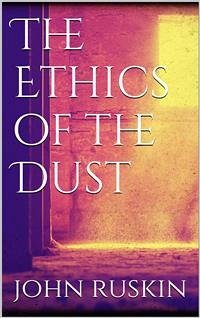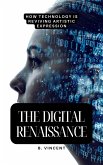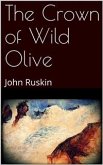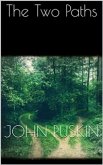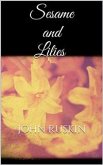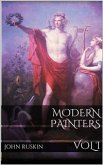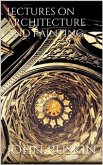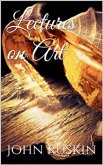The following lectures were really given, in substance, at a girls' school (far in the country); which, in the course of various experiments on the possibility of introducing some better practice of drawing into the modern scheme of female education, I visited frequently enough to enable the children to regard me as a friend. The Lectures always fell more or less into the form of fragmentary answers to questions; and they are allowed to retain that form, as, on the whole, likely to be more interesting than the symmetries of a continuous treatise. Many children (for the school was large) took part, at different times, in the conversations; but I have endeavored, without confusedly multiplying the number of imaginary speakers, to represent, as far as I could, the general tone of comment and inquiry among young people.
Bitte wählen Sie Ihr Anliegen aus.
Rechnungen
Retourenschein anfordern
Bestellstatus
Storno

